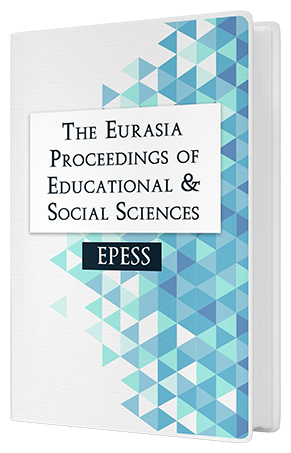Comparison of Individuals' Computer Skills with Multi-Criteria Decision-Making Methods: Turkey-European Countries
DOI:
https://doi.org/10.55549/epess.1223258Keywords:
Computer skills, Multi-criteria, Decision makingAbstract
Great changes have occurred in today's society in the last 50 years. Information has become the most important resource. With the spread of individual computer ownership since the 1990s, the transformation into an information society has accelerated. With the development of multimedia tools, especially with the creation of the internet infrastructure, not only difficulties have arisen in accessing information, but also conditions suitable for the production of new information have been provided. These developments accelerated the economic and social developments of societies. In this context, computer skill levels, which should be in qualified manpower, have also been a subject of interest in the academic field. In this study, multi-criteria decision-making methods and individual computer skill levels of Turkey and European countries are discussed. The data set used in the study was obtained from the individual computer skills level research on the European Statistical Office website. The criteria in the data set are weighted by the Entropy method. Comparison of individual computer usage levels by countries was carried out with the ARAS method. Considering the limitations of the research and the findings obtained by the Aras method, it can be said that Iceland, Finland and the Netherlands, which were found to be the most successful in the ranking of individual computer skills, were followed by other countries.Downloads
Published
Issue
Section
License
Copyright (c) 2022 The Eurasia Proceedings of Educational and Social Sciences

This work is licensed under a Creative Commons Attribution-NonCommercial-ShareAlike 4.0 International License.
The articles may be used for research, teaching, and private study purposes. Any substantial or systematic reproduction, redistribution, reselling, loan, sub-licensing, systematic supply, or distribution in any form to anyone is expressly forbidden. Authors alone are responsible for the contents of their articles. The journal owns the copyright of the articles. The publisher shall not be liable for any loss, actions, claims, proceedings, demand, or costs or damages whatsoever or howsoever caused arising directly or indirectly in connection with or arising out of the use of the research material. All authors are requested to disclose any actual or potential conflict of interest including any financial, personal or other relationships with other people or organizations regarding the submitted work.




